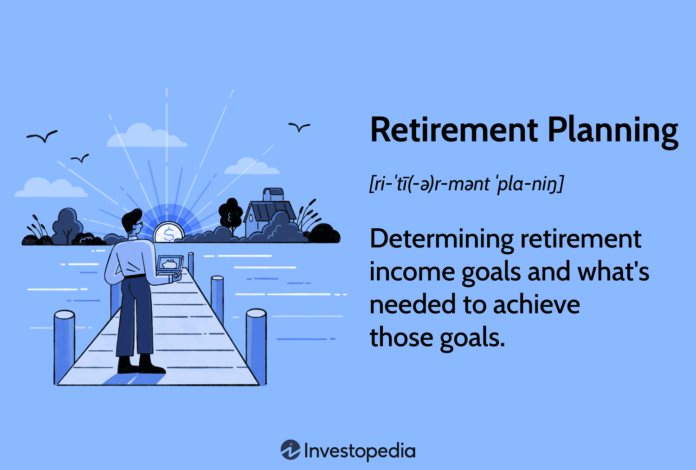Planning for retirement is a vital part of financial management. With an aging population and changing economic landscape, being proactive about retirement planning has never been more important. A key component of this planning is understanding how to use an individual retirement account (IRA) effectively. This article will guide you through the steps to ensure a secure and comfortable retirement, utilizing tools like the IRA.
Start Early and Set Goals
Beginning your retirement planning early is one of the best strategies for a secure future. The sooner you start, the more time your money has to grow, thanks to the power of compound interest. Setting clear retirement goals is also crucial. Consider how you envision your retirement lifestyle and calculate the money needed to support it.
Remember, these goals can change over time. Regularly revisiting and adjusting your retirement plan is important as your financial situation and aspirations evolve. Consider factors like inflation, changes in income, and unforeseen expenses when setting your goals.
Understand Retirement Accounts
A fundamental part of retirement planning is understanding different types of retirement accounts. IRA is a popular choice. It offers tax advantages that can help grow your savings more effectively. There are different types of IRAs, like Traditional and Roth, each with unique tax implications and eligibility requirements.
Apart from IRAs, there are other retirement savings vehicles, such as 401(k)s, especially if your employer offers a matching contribution. It’s essential to understand the benefits and limitations of each type of account and choose the ones that best suit your retirement goals and financial situation.
SoFi states, “SoFi Invest offers a range of retirement accounts and 401k rollover options. We offer Traditional, Roth, and SEP IRAs, and can help with the rollover process.”
Diversify Your Investments
Diversification is a key principle in any investment strategy and is especially important for retirement planning. Spreading your investments across different asset classes (like stocks, bonds, and real estate) can reduce risk and increase potential returns.
When it comes to your IRA or other retirement accounts, consider a mix of different investment products based on your risk tolerance and time horizon. As you approach retirement, you might want to shift towards more conservative investments to protect your capital.
Plan for Healthcare Costs
Healthcare is often one of the most significant expenses in retirement. Planning for these costs is critical to avoid financial strain later on. Consider health insurance options like Medicare and factor in out-of-pocket costs for prescription drugs, dental care, and long-term care.
If you’re eligible, you might want to consider investing in a Health Savings Account (HSA). An HSA offers tax advantages and can be a great way to save for healthcare expenses in retirement. Remember, healthcare needs can change over time, so reviewing and adjusting this aspect of your retirement plan regularly is important.
Review and Adjust Regularly
Your retirement plan should be a living document that evolves as your life changes. Regular reviews are essential to ensure your retirement strategy aligns with your goals. Life events such as marriage, the birth of a child, career changes, or receiving an inheritance can all impact your retirement planning.
Adjust your savings rate, investment choices, and retirement timeline as needed. Also, monitor legislative changes affecting retirement accounts, tax laws, and social security benefits. Staying informed and adaptable is crucial for effective retirement planning.
Effective retirement planning involves thoroughly understanding retirement accounts like individual retirement accounts (IRAs), setting realistic goals, diversifying investments, planning for healthcare costs, and regularly reviewing and adjusting your plan. By taking these steps, you can build a solid foundation for your retirement years, ensuring financial stability and peace of mind. Remember, the key to successful retirement planning is to start early, stay informed, and be proactive in managing your finances.


